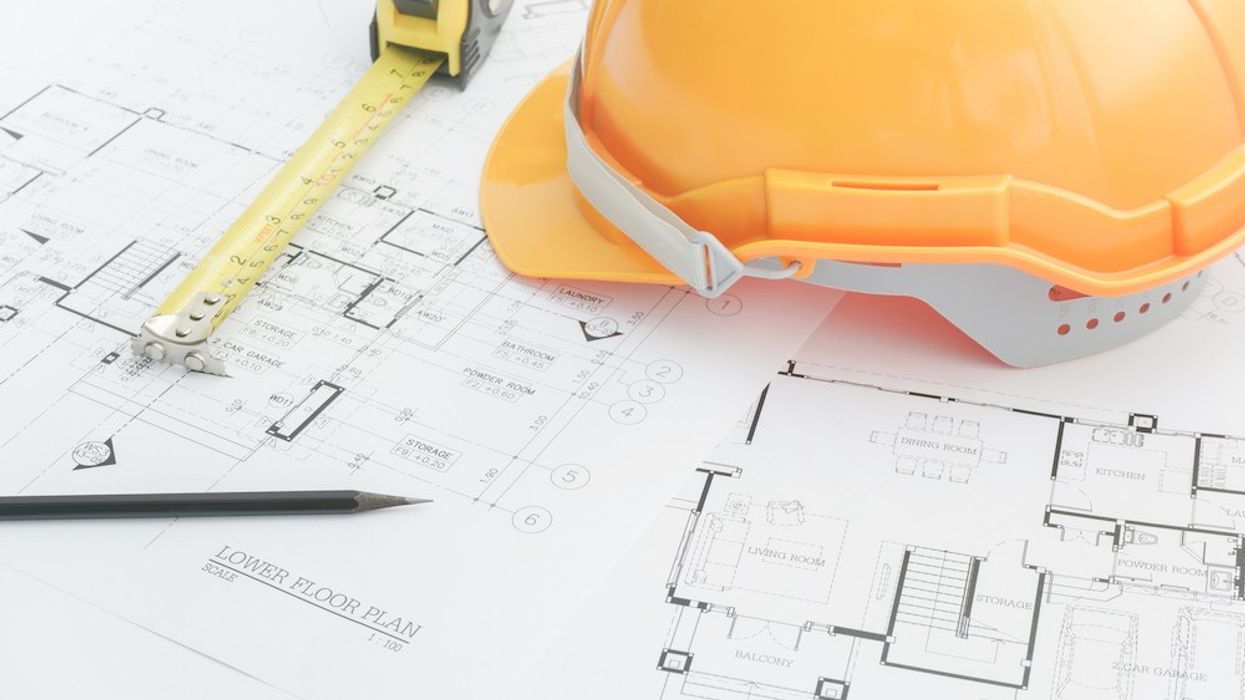
In a city like Toronto, with its generational housing crisis, every home counts. That’s why we need to not only address systemic barriers to adding housing supply, but also make it easier to maintain existing housing stock and add secondary housing through renovations, infill and custom home building. Unfortunately, in Toronto, this important work frequently gets delayed due to the inefficiency of the municipal approvals process.
The 2021 Census identified that 305,600* households that own their home in Toronto (19.1% of households that own) live in a home that needs minor repairs, and a further 74,600 households that own live in a home that needs major repairs, including corrections to defective plumbing or electrical wiring, or structural repairs to walls, floors or ceilings. With Toronto’s aging housing stock, renovations play an important part in providing residents with suitable housing.
Renovations, infill and custom home building also enable the addition of much-needed housing, whether by adding new legal apartments, converting existing homes into duplexes or triplexes, or simply modernizing an existing home to make it suitable for changing needs.
The trouble is, many of these renovation, infill and custom home building projects face obstacles and delays during the approval process. After initial planning, the renovator or builder submits the designs to the City, where they go through the process of zoning, Committee of Adjustment -- which makes decisions on minor variances from the zoning by-law -- and finally to the permit stage.
It can take up to four weeks for the intake of an application, with no clear timelines or transparency regarding the status of a submission. The period of time from when an application is submitted to when a hearing with the Committee of Adjustment is booked has become lengthier over the years. In the past, it took 30 to 60 days to get a hearing. Now, it can take six to eight months in some parts of the city.
Additional time is needed to apply for a building permit. Applications are circulated for review amongst various City departments, such as transportation, urban forestry and heritage, which may provide contradictory comments on the same application. While this process is supposed to take 20 days, it often ends up taking much longer. All told, it can take as long as a year for a project to go through the entire approval process with the City of Toronto.
These inefficiencies have a real impact. Not only do they make it challenging to maintain Toronto’s existing housing stock and add new stock on a smaller scale, but they also help create an underground economy where unscrupulous businesses seek to circumvent the system. Ultimately, this results in unsafe building outcomes that put homeowners and the general public at risk.
We can and should do better than this. As the municipal election approaches, ask your candidates how they plan to address the inefficiencies in the approvals process for renovations, infill and custom home building.





















